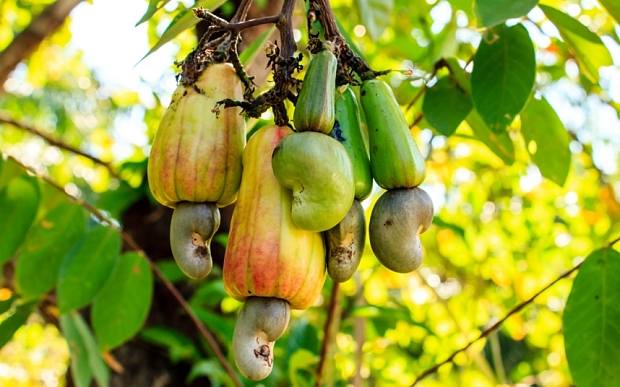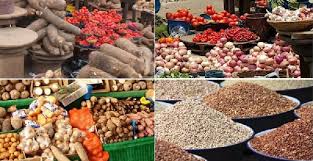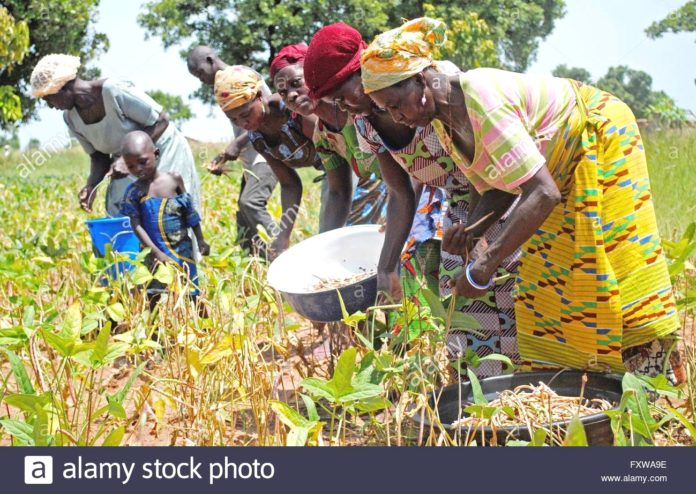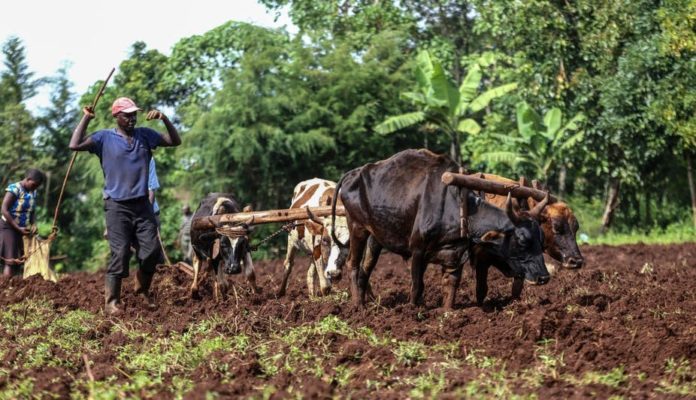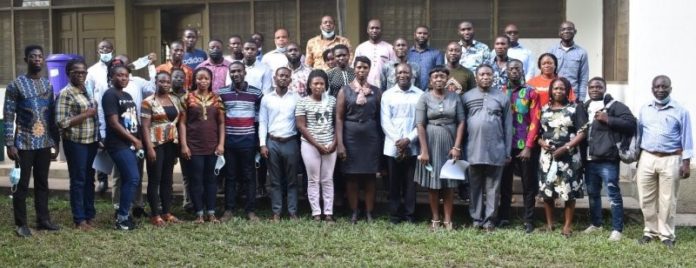The Minister of Fisheries and Aquaculture Development, Mrs. Mavis Hawa Koomson has tasked the newly constituted governing board of the Fisheries Commission to find a lasting solution to the unending illegal fishing menace facing the country.
She said Ghana risked being sanctioned by the European Union (EU) if drastic measures were not implemented to curb the trend.
Ghana loses between US$40 and US$50 million annually through illegal fishing, popularly known as “Saiko”.
During the inauguration of the new board in Accra on Thursday, the Hon. Minster noted that illegal, unreported, and unregulated (IUU) fishing remained a major challenge in the sector. She, therefore, charged the newly constituted members to institute measures to help address the menace.
Mrs. Koomson said as part of the effort to address IUU, the Ministry, through the National Premix Fuel Secretariat had suspended the supply of premix fuel to some communities in the Greater Accra and Central regions who engaged in “Saiko”, to serve as a deterrent to other communities across the country.
“Until they come to tell us they won’t do it and we also believe that they won’t then we can supply them with premix,” she added.
She said so far about five persons had been arrested, prosecuted, and fined while over 20 generators had been seized in the process.
The Minister said the fisheries sector played a critical role in the socio-economic development in the country as it provided a livelihood for more than three million Ghanaians.
The government’s vision, she said is to transform and grow the aquaculture sub-sector to increase domestic fish production, reduce fish import and create job opportunities along the value chain by providing a conducive environment.
Key initiatives being undertaken to achieve this include the implementation of the Aquaculture for Food and Jobs (AFJ), improving the production and supply of good quality fingerlings, provision of extension services, provision of infrastructure (hatcheries), and essential aquaculture inputs, she added.
She disclosed that in the coming days, the Ministry would distribute over seventeen thousand bags of feed to the beneficiaries of the AFJ programme to boost production. Mrs. Koomson urged the board members to initiate policies and programmes to ensure the success of the programme.
The Minister also charged members of the board to prepare a new Fisheries Act to replace the existing Fisheries Act 2002 (Act 625); develop a new National Fisheries Management Plan to replace the previous Plan that expired in 2019 and prepare a new National Fisheries and Aquaculture Policy.
The members are expected to intensify the enforcement of the fisheries laws and regulations by the security agencies, implement the annual closed fishing season, as a stock recovery measure, in accordance with Section 84 of the Fisheries Act, 2002 (Act 625), prepare and issue canoe identification cards, as well as evaluate and License all vessels in the country.
The Chair of the newly constituted board, Professor Nunoo assured the Minister of the board’s readiness to work together to turn the fortunes of the sector and make it more viable.
“On behalf of my members, honourable Minister, we want to pledge that we are going to work very hard, we will be very truthful and work candidly, and passionately to help build the industry,” he assured.
The 11-member governing board is chaired by Professor Francis K. E. Nunoo, the Head of the Department of Marine and Fisheries Sciences, University of Ghana.
Other members include Dr. Michael Arthur-Dadzie, Esq., Director, Fisheries Commission; Mr Kofi Asumadu Apenteng, Ministry of Transport; Commodore Godwin Livinus Bessing from the Defence Ministry; Mrs Lydia I. Essuah, Ministry of Environment and Nana Jojo Solomon, Ghana Marine Fishing Officers Association.
The rest are; Dr Ruby Asmah, Water Research Institute; Mr Wilson Kwabena Darkwah, Ghana Irrigation Development Authority; Mr Stephen Adjokatcher, National Fisheries Association (Artisanal Fishermen); Mrs. Levina Owus; National Fisheries Association( Fishing Vessel Owners) and Mr Augustine Acheampong Otoo, President’s nominee.


